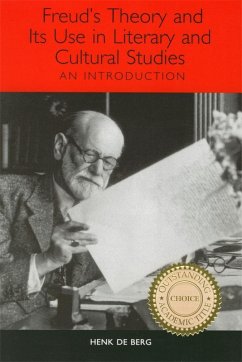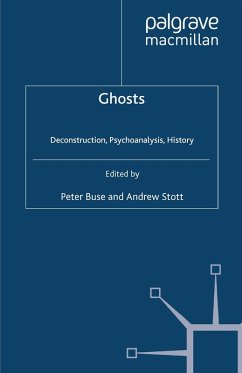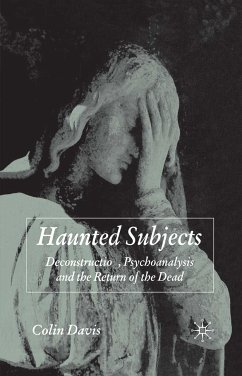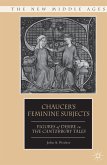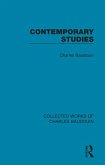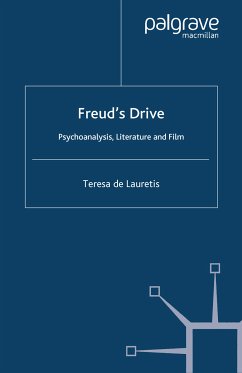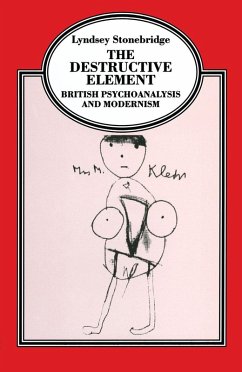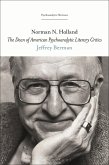A genuinely accessible introduction to Freud's theory and its application to literary and cultural studies.
Few figures have had as much influence on Western thought as Sigmund Freud. His ideas permeate our culture to such a degree that an understanding of them is indispensable. Yet many otherwise well-informed students in the humanities labor under misconceptions about Freudian theory. There are countless introductions to Freudian psychoanalysis but, surprisingly, none that combine a genuinely accessible account of Freud's ideas with an introduction to their use in literary and cultural studies, as this book does. Written specifically for use by advanced undergraduate and graduate students in courses dealing with literary and cultural criticism, it is also of interest to the general reader. The first part of the book explains Freud's key ideas and refutes many popular misconceptions, using examples throughout. The assumption underlying this account is that Freud offers not simply a model of the mind, but an analysis of the relation between the individual and society. The second part addresses the implications of Freudian psychoanalysis for the study of literature and culture, again using plentiful examples. Existing books focus either onFreudian psychoanalysis in general or on psychoanalytic literary or cultural criticism; the latter tend to be abstract and theoretical in nature. None of them are suitable for readers who are interested in psychoanalysis as a tool for literary and cultural criticism but have no firm knowledge of Freud's ideas. Freud's Theory and Its Use in Literary and Cultural Studies fills this gap.
Henk de Berg is Professor of German at the Universityof Sheffield, UK.
Few figures have had as much influence on Western thought as Sigmund Freud. His ideas permeate our culture to such a degree that an understanding of them is indispensable. Yet many otherwise well-informed students in the humanities labor under misconceptions about Freudian theory. There are countless introductions to Freudian psychoanalysis but, surprisingly, none that combine a genuinely accessible account of Freud's ideas with an introduction to their use in literary and cultural studies, as this book does. Written specifically for use by advanced undergraduate and graduate students in courses dealing with literary and cultural criticism, it is also of interest to the general reader. The first part of the book explains Freud's key ideas and refutes many popular misconceptions, using examples throughout. The assumption underlying this account is that Freud offers not simply a model of the mind, but an analysis of the relation between the individual and society. The second part addresses the implications of Freudian psychoanalysis for the study of literature and culture, again using plentiful examples. Existing books focus either onFreudian psychoanalysis in general or on psychoanalytic literary or cultural criticism; the latter tend to be abstract and theoretical in nature. None of them are suitable for readers who are interested in psychoanalysis as a tool for literary and cultural criticism but have no firm knowledge of Freud's ideas. Freud's Theory and Its Use in Literary and Cultural Studies fills this gap.
Henk de Berg is Professor of German at the Universityof Sheffield, UK.
Dieser Download kann aus rechtlichen Gründen nur mit Rechnungsadresse in A, D ausgeliefert werden.

